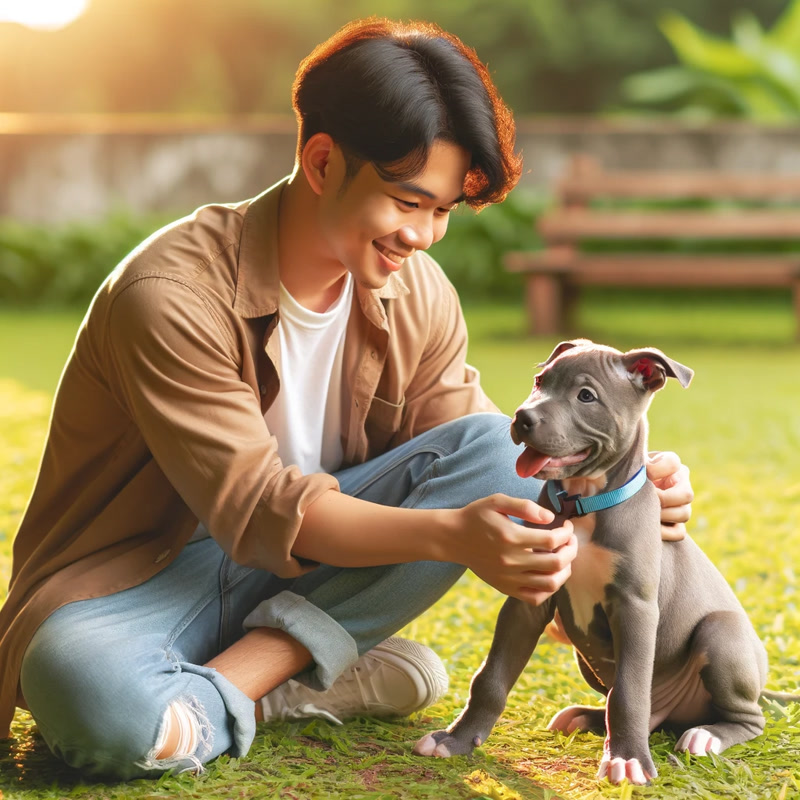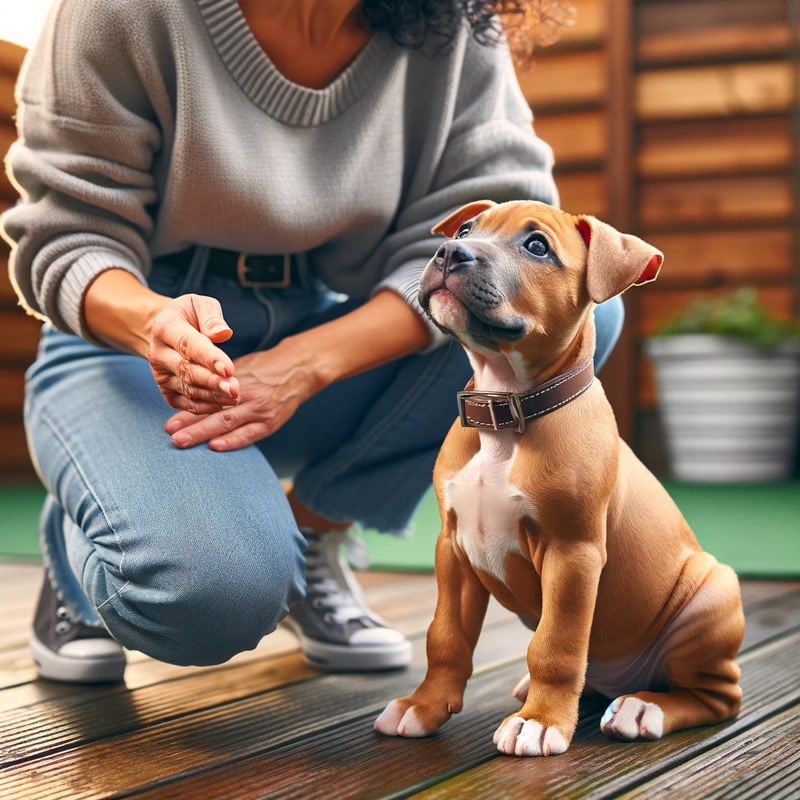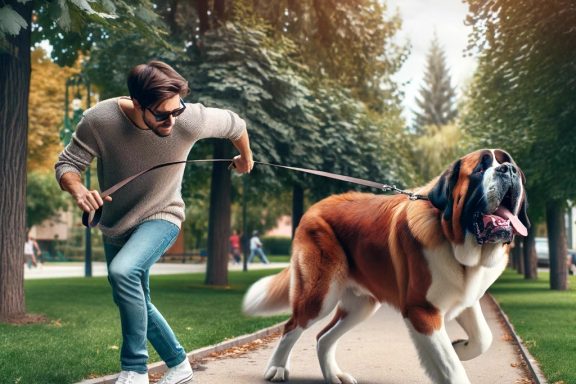Understanding and Curbing Aggression in Dogs

While any breed can exhibit aggressive tendencies, it’s crucial to understand this behavior in your dog, especially in breeds like pitbulls.
Surprisingly, smaller breeds like chihuahuas can also show aggression, often more intensely than larger breeds.
Recognizing and addressing aggression in dogs, particularly pitbull puppies, is essential for a harmonious relationship.
Recognizing Aggression in Your Dog

The key to managing aggression is to identify it early. Signs of aggression in dogs include rigid posture, baring teeth, deep growling, and snapping.
These are clear indications of a dog’s discomfort or unhappiness. Dogs often show subtler warning signs before full-blown aggression, such as ears pinned back or low growling.
Understanding these cues is vital in preventing aggressive outbursts.
Establishing Leadership: A Crucial Step in Training

In dog training, especially with pitbull puppies, establishing yourself as the pack leader is critical.
Allowing a dog to assume the alpha role leads to unwanted behaviors and challenges in control.
Dogs are pack animals by nature and look for a leader. To assert leadership, set clear limits, rules, and boundaries.
Consistently rewarding good behavior with praise and treats reinforces positive actions and discourages negative ones.
Remember, dogs’ actions are not premeditated; they react based on their instincts and training.
Non-Physical Punishment and Basic Training Commands

If your pitbull puppy misbehaves, like getting into the garbage, how should you respond?
Physical punishment is never the answer.
Instead, rely on basic training commands and strategies.
Establishing a foundation of obedience and using commands effectively can help correct unwanted behaviors without resorting to harsh measures.
Reinforce the training with consistent, positive reinforcement.
Conclusion: A Balanced Approach to Pitbull Puppy Training

Managing aggression in pitbull puppies requires a blend of understanding, leadership, and effective training techniques.
Recognizing early signs of aggression, establishing yourself as the pack leader, and using positive reinforcement are key strategies.
Avoid physical punishment and instead focus on consistent training and clear communication.
With these approaches, you can foster a respectful and loving relationship with your pitbull puppy, ensuring a well-behaved and happy pet.







No Comments